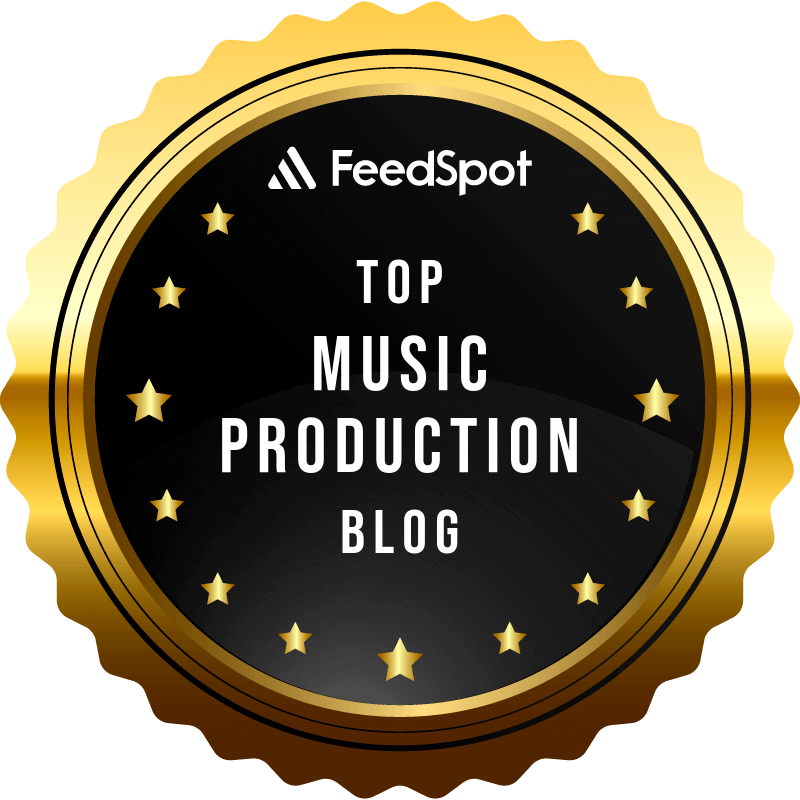Equalizer Types: What Kind of EQ Are You Using in Your DAW? 🎛️

The main types of Equalizers used in music production include graphic EQs (fixed frequency bands), semi-parametric EQs (adjustable frequency and gain), parametric EQs (adjustable frequency, Q, and gain), and dynamic EQs (real-time EQ that responds to input level). Each EQ type offers different levels of control and is best suited for different mixing situations.
How to EQ Like a Pro: A Step-by-Step Guide for Perfect Mixes
🎚️ What Is an EQ in Music Production?
An EQ—or equalizer—is a tool that shapes the frequency content of audio. Whether you're boosting the low-end of a kick drum, taming harsh vocal frequencies, or carving space between instruments, understanding the type of EQ you're using makes all the difference.
📊 Graphic EQ: Fixed Bands, Fast Tweaks
Graphic EQs display a row of sliders, each one assigned to a fixed frequency.
-
Each slider represents a frequency band (e.g. 31Hz, 62Hz, 125Hz, etc.)
-
You can only adjust gain—not the frequency itself.
-
Useful for live sound or quick, visual tweaks.
🧠 Graphic EQs give you a visual representation of the EQ curve but lack precision.
How EQ Works: Types, Bands & Filters
 ⭐️ Start by downloading all of my FREE Music Production Guides ⭐️ It took me years to learn this stuff!
⭐️ Start by downloading all of my FREE Music Production Guides ⭐️ It took me years to learn this stuff!
🎛️ Semi-Parametric EQ: Flexible Frequency, No Q Control
Also called "sweepable EQ," semi-parametric EQs allow you to choose the frequency and gain, but not the Q (bandwidth).
-
Adjust the target frequency and how much you boost or cut.
-
Common on analog-style hardware or channel strips.
-
Great for musical, intuitive tone shaping.
🧠 You get more control than graphic EQs, but not quite surgical accuracy.
🧠 Parametric EQ: Surgical Precision
Parametric EQs are the gold standard in modern DAWs.
-
Control over frequency, gain, and Q (width of the band).
-
Add or subtract as many bands as needed.
-
Visual interface in DAWs shows the spectrum and your changes.
🧠 Perfect for both broad tone shaping and pinpoint corrective EQ.
⚙️ Dynamic EQ: Intelligent Response
Dynamic EQ combines parametric EQ with compression-like behavior.
-
Boost or cut only when certain thresholds are met.
-
Ideal for controlling harsh vocals, resonances, or evolving audio.
-
Advanced options include sidechain triggers and multiband behavior.
🧠 Think of it as an EQ that only acts when it needs to—smart, efficient, and powerful.
Dynamic EQ: Taming Resonant Frequencies in Your Audio Tracks

🎯 Final Thoughts
There’s no “best” EQ—just the right one for the job.
-
Graphic EQs are great for quick fixes.
-
Semi-parametric EQs work well for intuitive tone shaping.
-
Parametric EQs offer deep precision.
-
Dynamic EQs are your reactive toolkit for modern, polished sound.
👂 Know your tools, trust your ears—and sculpt your mix with confidence.
⭐️ Download my Free Magic Delay settings Guide ⭐️
⭐️ Download my Free Magic Reverb settings Guide ⭐️
#protools #daw #homestudio #recordingschool #recording #musicproduction
Also read:
How to Start Your Own Online Business Teaching Music

Hey, I'm Futch - Music Production Coach and Ableton Certified Trainer
Learn how to make your first song and beat in Ableton Live with my
FREE 90-minute Ableton Live course
I've been teaching audio engineering and music production for 35 years.⭐️
Check out my new online music production program: Music Production Ninja...








